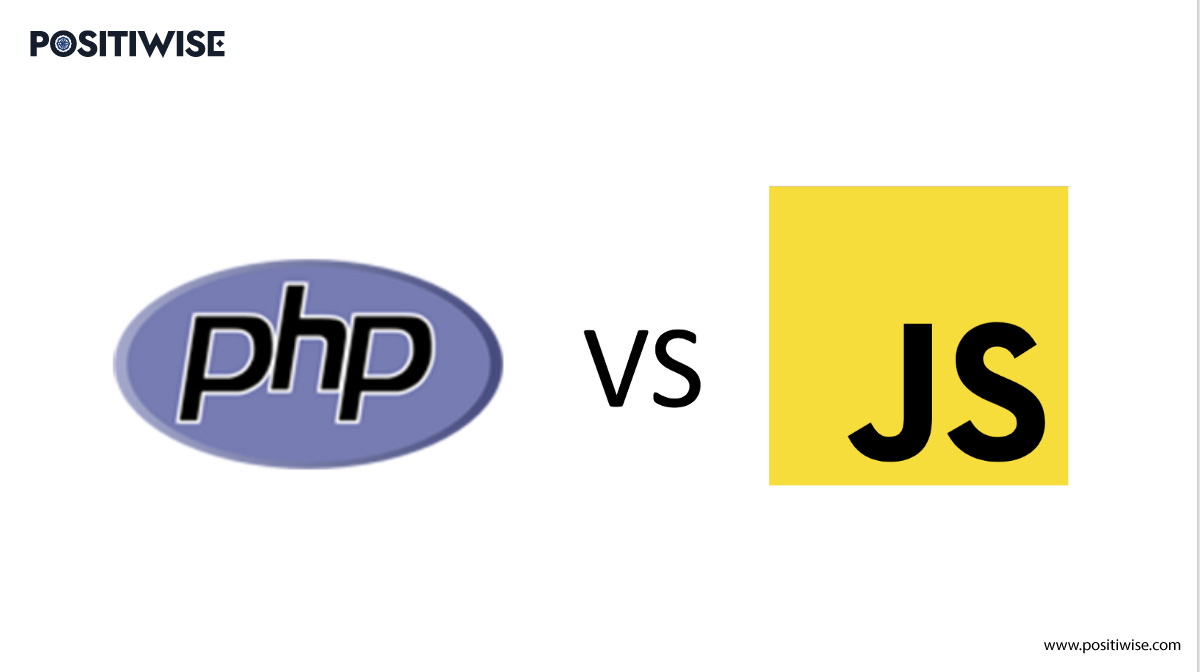Quick Overview:
With the immense growth seen in users’ trust in online platforms, several organizations are moving to establish their brands over the Internet. The first thought in every individual’s mind is to develop a website or web app using a JavaScript Framework, as it is the most reliable and appropriate way to check whether their enterprise can adapt to the change.
To build an attractive and robust website, developers use the markup language to construct its structure and CSS to add some color effects to the website. But the main issue occurs when the expected user engagement rate is not achieved. Further, developers consider JavaScript the most accurate technology because it can add responsiveness to the business’s digital solution to reinforce and boost the user base.
With a website embedded with JavaScript code, you can ensure a rapid increase in users and lower bounce rates. Developers can achieve several other benefits by learning and utilizing the different JavaScript frameworks available. This technology can fulfill your full-stack requirements by ensuring a high return on investment.
Let’s move on to understand JavaScript, its features, what type of web apps developers craft with it, and why they select it for Web Development.
What is JavaScript Framework?
JavaScript is a programming language used to write code for both the client and server sides, as it strengthens the connection between the systems in a virtual environment. Developers primarily use JS to link the interface with the backend so they can maintain stable cooperation between all components. JS easily converts a static page into a responsive one by adding behavior.
It is the most popular scripting language used by Web Developers to Ethical Hackers, as every browser understands and executes its code. The ample community support for JS strengthens it with advanced security mechanisms and in-built packages to improve user experience.
Why JavaScript is Popular Backend Technology for Web Development?
Users always raise questions about the popularity of JavaScript and want to know why most Web Development companies prefer this framework.
The reason behind the extensive use of JavaScript is its full-stack development modules. As a result, developers can create full-fledged, feature-rich applications that flawlessly fulfill any business requirement. Furthermore, several frameworks, such as Angular, Vue, Node, Express, Meteor, jQuery, and much more, are available to design the solution as per your business needs. In addition, tech giants like Google and Facebook furnish and back most JavaScript-based frameworks, building trust in this technology.
Moreover, numerous templates and pre-built JavaScript codebases are available in online repositories, and all these are freely accessible to reduce cost and effort during software development. Modern browsers focus on running JavaScript (JS) to extend their capacity for effectively handling server logic crafting.
Competent Features of JavaScript
JS is a powerful web development mechanism, inclusive of many incorporated modules and functions for providing cutting-edge services to end-users. It is the powerhouse of a web application, as it activates the logic and implements it while the user navigates the website. Discover some of JS’s exclusive attributes, making it a well-known development tool.
User Input Validation
Most websites display forms to the users for filling out login details, checking out from the shopping cart, filling out contact forms, and so forth. In other programming languages, developers use third-party APIs to protect data collected from forms, while in JavaScript, the default setting enables user data validation.
Input validation achieves security maintenance over the organizational network by preventing SQL injection attacks. It also ensures that end-users enter the necessary information instead of inputting garbage values, which could disrupt the overall system’s smooth functioning.
Rapid Execution
JS executes any instruction given by the user immediately, as it doesn’t depend on external resources or support. It operates independently of backend servers, running its code without the need for compilation on each occasion. Furthermore, all the major browsers support Just-In-Time compilation (JIT Compiler), which serves as the primary platform for running JS codebases.
Furthermore, JIT eliminates the generation of wasteful values, optimizing productivity and enhancing storage space. This compiler utilizes less memory, thereby reducing the likelihood of page faults since it stores pages in the same memory bits. This approach contributes to making JS faster.
Interactivity
Considered a crucial asset, an appealing and enchanting web application engages visitors and transforms them into potential customers. You can do wonders by adjoining JavaScript frameworks within the website’s architecture, as it makes it possible to fabricate rich UI with pop-ups, accordions, animations, video streaming, mega menus, and a lot more.
It can also perform subtler operations, like displaying pop-ups based on the user’s input in any form. Additionally, you can employ SEO strategies to enhance your website’s ranking across browsers, effectively reaching the targeted audience in an organic manner.
Browser and Operating System Detection
Every user has more than one device, each running on a different operating system and using multiple browsers to access web solutions. Built-in JavaScript functions are employed to enable users to take advantage of authentic services across browsers.
It assists in discovering the type and version of system software installed on the device and checking the compatibility of your business solution with it. Also, it aids in generating the relevant output for the data entered by an authorized associate for completing the core operations.
Reliable Plugin and API Compatibility
Whenever you visit a website, you see chatbots, banner ads, forms, and buttons for sharing information over other platforms. Most of the time, third-party JavaScript plugins offer all these functionalities. In addition, such elements are easy to configure with JS because of their easy code advancement and maintenance.
Furthermore, developers create custom APIs and plugins to extend the capabilities of the web solution. You can be confident about the Quality of Service, as security systems and integral architecture will conserve the website’s performance.
AJAX
Asynchronous JavaScript and XML allow the web pages to link with the web server in the background and process commands without reloading the page after every user request. This characteristic of the JavaScript framework provides a more pleasing web experience, eliminating page flickering and efficiently displaying information on the screen.
Furthermore, it conserves time and minimizes server bandwidth usage by partially reloading the web page or exclusively updating the specific section where content requires modification. Moreover, it conducts communication between the web server and the website in the background, ensuring an impeccable experience for stakeholders.
Do You Need to Create Immersive Web Experiences?
Hire a JavaScript developer who can design intuitive front-end experiences with rich interfaces that work on all devices & boost user engagement for outstanding results.
Diversified Web App Development Portfolio of JS
Knowing the types of applications that can be created using JavaScript is essential, as it provides a better insight into the potential of JavaScript in web development.
Websites
The primary purpose of JavaScript is to add interactivity to static websites to make them dynamic for a better user experience. It is preferred for designing the front end by blending its intelligent libraries with HTML and CSS. JS is a must for any web portal to load web pages faster and to process simple logical functions.
Web-Based Applications
You can construct complex applications connected to both the internet and intranet using various tools for writing JavaScript code. Additionally, all functions are executed in the background, remaining undetectable to users. This aspect offers a cybersecurity advantage.
Server Applications
NodeJS framework entitles the developers to run server-side scripts using JS programming language for faster deployment and minimizing the probability of server crashes and downtime. Multiple instructions can be comfortably handled with a JS-based backend, but it is only considered for applications that consume less processing power.
Browser-based Gaming
With games produced to run in browsers, users benefit significantly as they don’t have to download any extra software on their system. Additionally, when HTML5 is combined with JavaScript adds responsiveness, enabling users to connect with friends and play multiplayer games from remote locations.
Conclusion
JavaScript is a scalable software development framework that is exceptionally appraised for developing web-based applications through its extensive libraries and modules. Moreover, its compatibility with browsers and HTML5 makes it a crucial website unit with a beautiful and enticing user interface.
In addition, you can use JS for both frontend and backend development, as it provides a highly extensible architecture to transform the solution of your imagination into reality.
Expert in Software & Web App Engineering
Parag Mehta, the CEO and Founder of Positiwise Software Pvt Ltd has extensive knowledge of the development niche. He is implementing custom strategies to craft highly-appealing and robust applications for its clients and supporting employees to grow and ace the tasks. He is a consistent learner and always provides the best-in-quality solutions, accelerating productivity.






